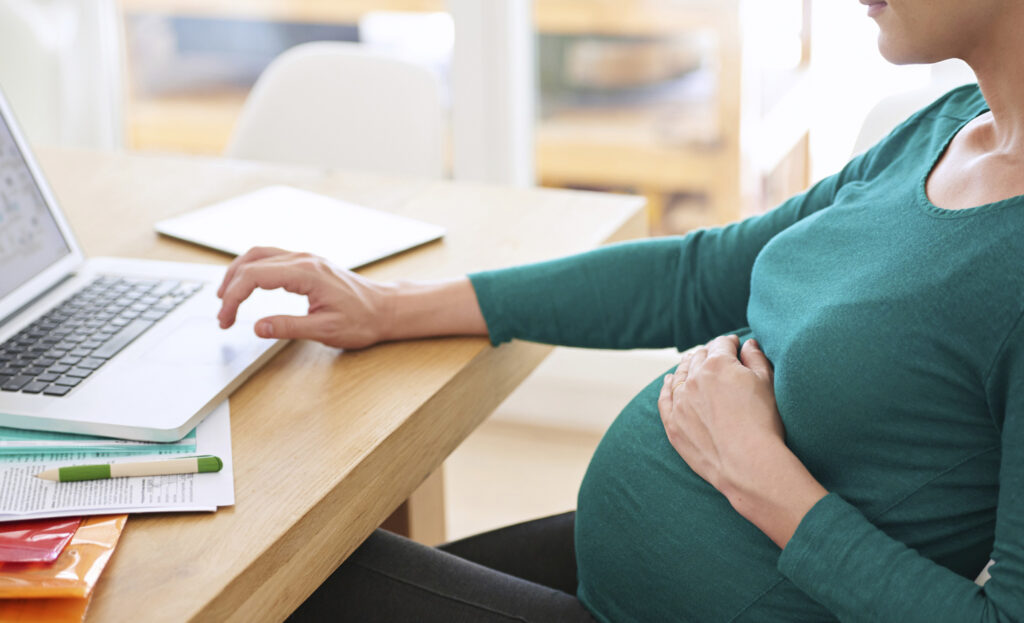
Many of the couples who visit our fertility center seek advice regarding specific steps they can take to enhance their chances of becoming pregnant and sustaining a healthy pregnancy. While the causes of infertility vary, research shows that the health and viability of the egg, its surrounding cells and the resulting embryo are impacted by the blood flow to these cells as well as the amount of antioxidant that protects them from damaging effects of oxidation. In short, the healthier environment these cells can get, the better.
Whether you are in the beginning stages of family planning or are currently seeking assistance from a reproductive center or fertility clinic, simple lifestyle adjustments and extra daily supplements can foster conditions that promote fertility.
Many delicious foods are high in antioxidants and should be incorporated into your regular diet. We recommend upgrading to a healthier diet by reducing your red meat intake, eliminating trans fats (things like donuts, French pastries and all fried foods), and ensuring that at least 50% of every meal plate is comprised of fruits and vegetables. Additionally, use olive oil for cooking, as it is high in monounsaturated fat, which can be beneficial for women undergoing IVF treatment.
Here are some other popular foods that have a naturally high antioxidant content:
Vitamins and other nutritional supplements with strong antioxidant properties increase blood flow, helping to cultivate healthy conditions for eggs and embryos. Prenatal vitamin manufacturers produce single pills that contain many of the supplements listed below. However, these pills can be costly and may contain supplements that are inappropriate for your age or your stage in your fertility journey. The following supplements are high in antioxidants and can be combined to create a custom supplement that’s optimal for you.
These healthy essential fats help maximize blood flow to your pelvic organs by increasing nitric oxide production by your blood vessels. Higher intake of Omega-3’s has been linked to improved success in embryo implantation, decreased premature labor and has shown positive effects on fetal brain development. We recommend 500 to 1000 mg of EPA/DHA per day as a supplement, or incorporating the following Omega-3-rich foods into your diet:
Folic acid is found naturally in dark, leafy greens like broccoli and spinach. If taking as a supplement, we recommend 400 micrograms a day, which prevents neural tube defects, a small group of fetal abnormalities. If you’re already taking prenatal vitamins, you can skip additional folic acid supplements.
A vitamin C supplement of 500 mg daily improves nitric oxide production, thereby improving blood flow. Since vitamin C can exacerbate heartburn, we recommend avoiding taking right before bed.
We suggest 1000 to 2000 mg daily dose of this amino acid for women those whose protein intake is low because of vegetarianism.
If your daily intake of natural antioxidants is low, we recommend 50 to 120mg of this plant-derived supplement. Pycnogenol is especially helpful for women over age 40.
This ancient herbal tea is the oldest plant-based tea on record and is bursting with antioxidants. However, since caffeine can interfere with fertility, we recommend drinking decaffeinated only, and not exceeding 1 cup per day. Though the decaffeination process does reduce the antioxidant content, simply adding 50mg of liquid Vitamin C (1/2 teaspoon) to each cup of decaffeinated green tea can significantly increase your antioxidant intake.
This mitochondrial nutrient naturally occurs in most animals and is critical to a cell’s energy production. We recommend a dose of 600 mg per day for women over age 37. Though there is limited information about effects on humans, in older rats, coenzyme Q-10 has been shown to reverse effects of aging on the egg. For women currently taking CoQ10, we advise stopping upon a positive pregnancy test.
While there is no single food or magic pill that that can guarantee pregnancy or embryo implantation, understanding how antioxidant supplements and diet choices impact your fertility can help you make choices that give you the best change of success. If you are currently undergoing IVF treatment or other treatments for infertility discuss your diet and ask for specific supplement suggestions from your doctor and the team at your fertility center.
Our skilled fertility specialists are here to help. Contact us today and let’s discuss the next phase of your fertility journey.